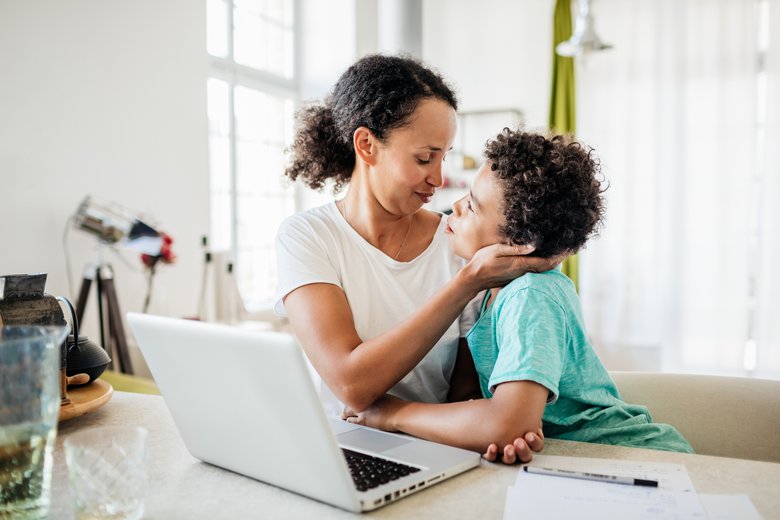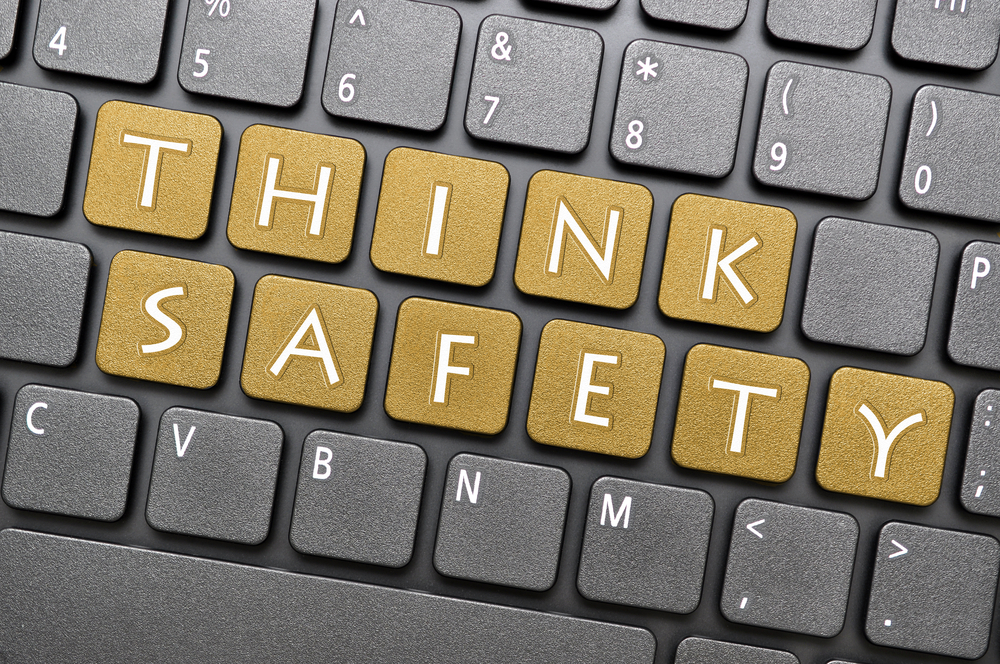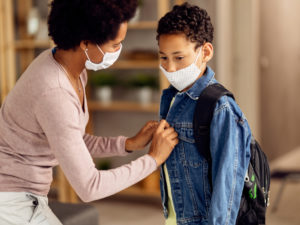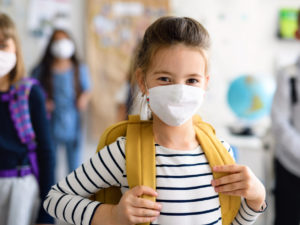COVID-19 and Virtual Learning: Are your kids safe online?
COVID-19 and Virtual Learning: Are your kids safe online?
More and more kids, including yours, are definitely spending more time online than ever before. Why? Thanks to COVID-19, classes have gone virtual, leaving kids sitting behind their connected devices for long hours. Even for parents who did not want to have their kids online have no option but to allow them to, mainly because of classes.
Though a helpful tool especially with virtual learning and other resources, the internet can be a dark place for children. Some of the dangers kids are exposed to online, include cyberbullying, phishing, identity theft, cyberstalking, online harassment, child pornography, invasion of privacy among others.
According to UNICEF, while there is no data available on sexual abuse, violence, and exploitation that children experience online in Ghana, anecdotal evidence suggests that it is very much an issue. Due to these reasons, every parent must be concerned about their kids’ online safety.
But how do you monitor their activities or keep them safe when you are almost always at work or hardly around? Here’s how…
Get educated
Yes, you. Most important of all is that you, as a parent must feed yourself with the basic security features of the internet and online platforms. Whether it’s security features for your device or your child’s, you must be in the lead. It’s like using a knife. Before you teach your child how to use a knife, you must be able to handle it yourself. It’s the same with online safety. There are a lot of resources out there with which you can educate yourself.
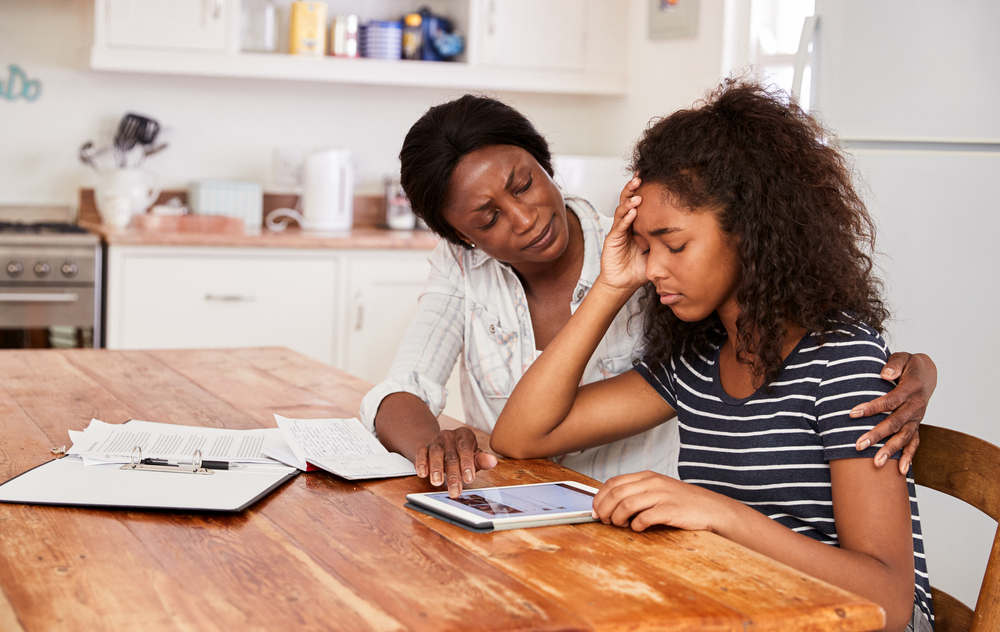
Educate your child about online safety
One digital analyst said, ‘that teaching your child how to handle the internet is life holding their hand and helping them cross the road.’ Now that you have been educated on online safety, you can introduce your child to it. Explain to them the dangers they could face online and the reasons for setting restrictions for them. The earlier you teach them, the better. Let them know the basics, such as;
-not talking to strangers or accepting friend requests from them,
-not sharing private or personal stuff like location, residence, phone number, or nudes online
-everything shared online stays forever
-logging in and out after every activity
-setting strong passwords
In explaining all these to them, don’t forget to be open, honest, and frank. Be willing to answer difficult questions, that’s why it’s good you educate yourself. To be forewarned is to be forearmed.

Set Boundaries
Children love to explore a lot, therefore if their adventurous acts aren’t controlled, they might end up harming themselves. This is why there is a need for boundaries. Thanks to technology, you can set basic rules for your kids from your device to guide their play and learning. These include
-limiting screen time
-blocking certain sites and pop-ups
-preventing them from downloading or uploading certain images
– preventing them from being on certain chatrooms younger than their ages
For android users, try downloading the Google app called Family Link which enables you to do all of the above. For iPhone users, you can access the settings menu on your child’s phone. Just like Google’s Family Link app, you can then set daily time limits for educational, entertainment, and social media apps. With this, your child can once again send requests for more time to your phone.
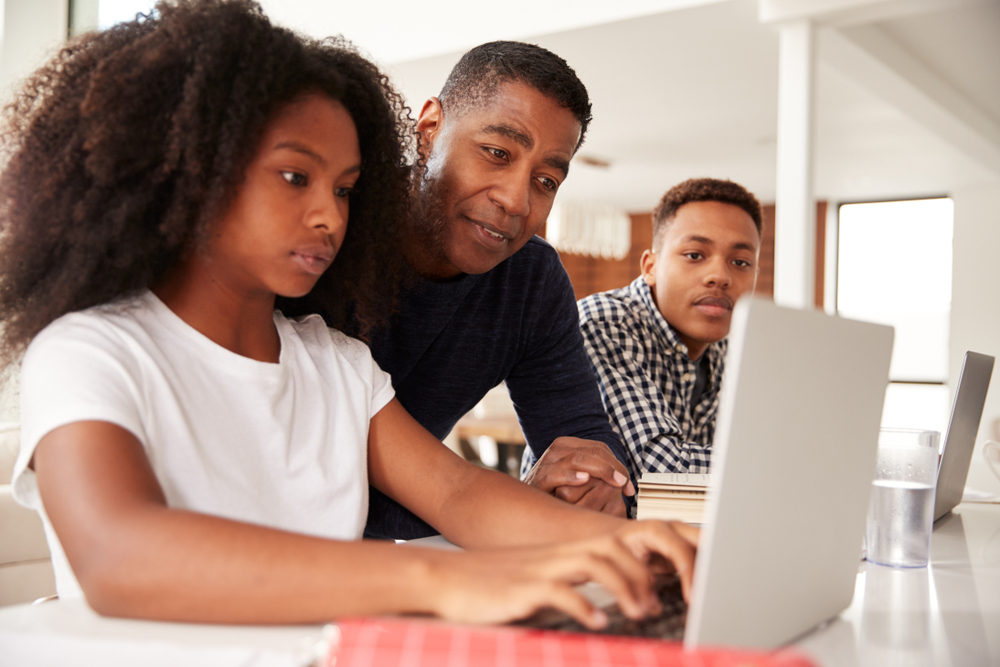
Set privacy settings, together
Really? Yes, really! For example, if kids hit 13, which is the appropriate age to have social media accounts like Facebook and Instagram, you can run through the settings with them. Social Media sites are persistently adding security settings to control data protection at the maximum level. Usually, they have to be done manually by the user. Some include making only friends comment on their posts, keeping accounts private, and preventing photos and videos from being downloaded by strangers.
